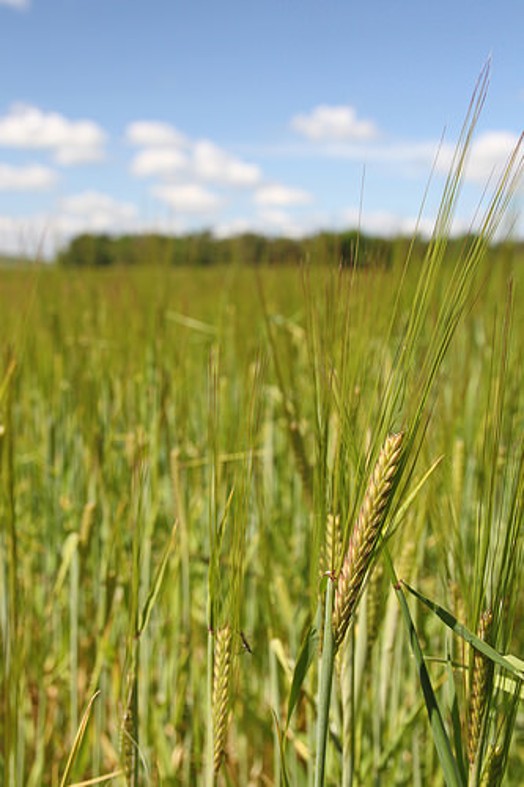Largest harvest in 20 years

A National Statistics Publication for Scotland.
Scotland’s 2014 cereal harvest is likely to be the largest in 20 years, with an estimated production of more than three million tonnes of cereals.
In total, around 3.2 million tonnes of cereals are expected this year, an increase of 384,000 tonnes on 2013. This represents a recovery from the 2012 crop year, when decreased production was caused by poor growing conditions and a prolonged wet harvest.
Scotland’s Chief Statistician today released the latest estimates of the Scottish cereal and oilseed rape harvest. The figures show that the latest increase is due to an estimated 13 per cent improvement in overall cereal yields over the last year. Overall yields are estimated at an average of 7.0 tonnes per hectare; ranging from 6.1 tonnes per hectare for spring barley and oats, to 9.1 tonnes per hectare for wheat. Average oilseed rape yields are estimated at 4.0 tonnes per hectare. The total area of land sown has increased by 4,000 hectares.
This has been a good year for cropping despite occasionally difficult conditions; harvesting began early and progressed quickly, with more consistency in yields across the country. There is some disparity between the north and south of the country, after remnants of Hurricane Bertha hit the north. The longer term trend of improving yields continues, with the average cereal yield for the last 10 years seven per cent higher than in the previous decade.
Wheat and winter barley have seen the largest estimated rises in production, both increasing by around 52 and 46 per cent respectively. Around 990,000 tonnes of wheat, up from 650,000 tonnes, and around 400,000 tonnes of winter barley, up from 280,000, are expected. Spring barley production is stable at around 1.7 million tonnes, despite a fall in grown areas. Oats are the only major cereal crop to see considerably reduced production; down 18 per cent from 190,000 to 150,000 tonnes, following an 80 per cent increase in 2013 when oats replaced wheat and oilseed rape crops in part of the country.
These final estimates are 62,000 tonnes (two per cent) lower than initial estimates. Increases in spring barley and oilseed rape production have been revised down. Increases in winter barley and wheat have been revised up. And a greater decrease in oat production is now being estimated.
The figures released today were produced in accordance with professional standards set out in the Code of Practice for Official Statistics.
The revised figures come from the Scottish Cereal Production Survey and update provisional estimates published in October. Early statistics were agreed by a panel of experts from the Scottish cereal industry and professional statisticians at the annual Crop Report Meeting. Both estimates are used to assess the economic well-being of the cereal sector and in determining impacts on the market, and are required by law by the Statistical Office of the European Communities.
Published on: 14 January, 2015
